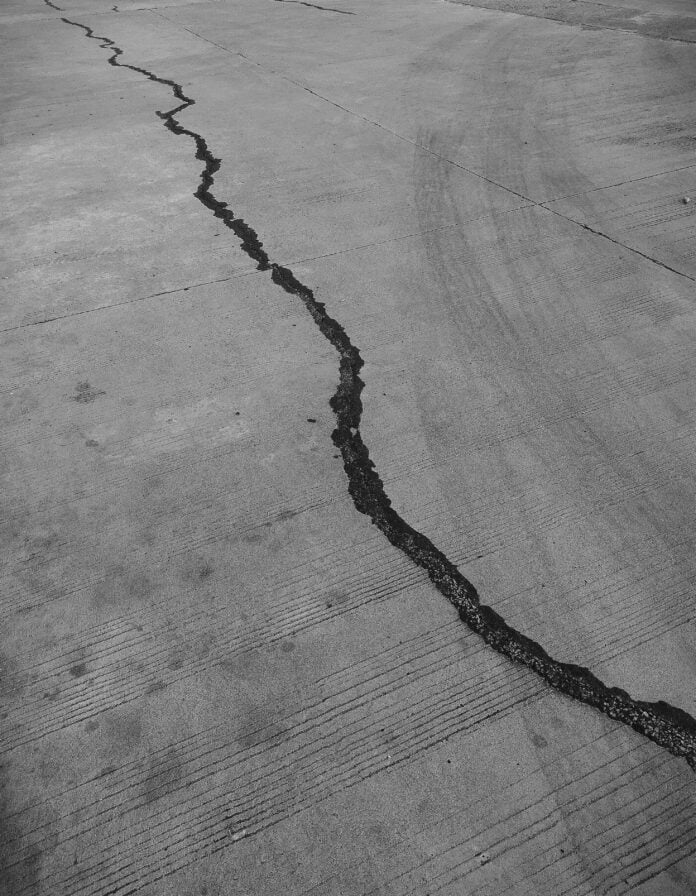An earthquake with a magnitude of 5.3 struck at 5:11 am on August 26, 2024 off the coast of Sines, in the southwest of Portugal, 25 meters below the sea level. At the time of this writing, the Civil Protection authorities have reported no casualties or significant material damage, and assure that there is no risk of a tsunami. At least six aftershocks have already been recorded.
When questioned on the lack of information on the website of the National Authority for Emergency and Civil Protection (ANEPC) and on the organization’s social media at the time of the earthquake, the president of the Center for Studies and Intervention in Civil Protection (CEIPC), Duarte Caldeira, stated that public services “always end up being outpaced” by the communicative capabilities of smartphones in sending natural disaster alerts.
The first post was made on social media at 6:00 am directing people to the ANEPC website. When questioned by the Lusa news agency about the communication method used by ANEPC, the CEIPC president stated that smartphones are “sufficiently quick” in alerting citizens, highlighting that “a very significant percentage of the population was able to be alerted about the earthquake” by immediately turning to social media and exchanging messages with others.
According to the CEIPC president, “There has been much discussion about SMS alerts. (…), which have already been tested in relation to forest fires but have not yet been fully integrated into the public warning system. Perhaps it is time to reflect on whether these alerts should be expanded to all emergency situations, once and for all, given that it is now clear that smartphones are a tool of rapid communication (…) that essentially renders traditional alert mechanisms obsolete.”
Regarding the non-activation of special plans following today’s earthquake, D explained that “the conditions in the civil protection emergency plan were not met,” as it only activates for earthquakes measuring 6.1 or higher on the Richter scale.
“What ANEPC did is what is supposed to be done under normal conditions in similar occurrences, where, given the characterization of such an event without material damage, it was possible to assess the situation in a timely manner and activate public information mechanisms,” he emphasized.
Following a meeting with acting Prime Minister Paulo Rangel, President Marcelo Rebelo de Sousa made a statement praising the “very rapid response capability” of Civil Protection and its “very good coordination” with the Government.
According to the President, “the response capability would have been even quicker if it weren’t necessary to validate the information,” as Civil Protection has already explained, between 5:11 am and 5:45 am. But it took practically 40 minutes to publish information about the 5.3-magnitude quake felt earlier this morning.
The President considers the short time lapse between the occurrence of the earthquake, the validation of any (or no) property and personal damage, the impact of the earthquake, and the precision in measuring its magnitude to be fundamental in the authorities’ response.
But the truth is that, an event like this, especially after the disaster of 1755 and the big scare of 1969, inevitably puts things into perspective.
Marcelo Rebelo de Sousa called for a debate on earthquake prevention in public work construction. According to the Head of State, the country is currently in the first of two phases, “with a much more favorable scenario than could have been the case, which involves detecting exactly what happened, with what incidence, effects, and consequences on people’s lives.”
He emphasized that the second phase involves “reflecting on prevention and comparing it with what happened in 1969,” referring to an earthquake during which, as the President recalled, “telephone communications failed, electricity was lost in many cases, and unfortunately, some heritage sites did not survive.”
While acknowledging that much has been learned since 1969, the President noted that “more can still be learned,” which “for the future, means a debate about the construction of large public works, where precautions related to earthquake prevention are generally taken into account.”
The Portuguese Association of Insurers (APS) reiterated the need to establish a protection system for catastrophic risk that safeguards people and their homes, noting that only 19% of homes in the country are covered by seismic risk insurance, according to the industry association.
“In Portugal, 47% of homes have no insurance at all, 34% have fire or multi-risk insurance but without seismic risk coverage, and only 19% have insurance that includes seismic risk coverage. Therefore, there is a long way to go to ensure that the insured housing stock has the minimum protection against such events,” the APS explained.
Simultaneously, the Order of Engineers (OE) has called for greater demands on construction quality in Portugal following the earthquake that occurred early this morning. Also speaking to Lusa, Humberto Varum, the president of the Civil Engineering College of the OE, explained that the built environment in Portuguese society represents “a very complex set, with varying levels of vulnerability,” due to the different eras of construction, materials, and knowledge available.
“We will certainly face other seismic events in the future, so we are making an appeal to society at large to be involved in this mission, which must be increasingly demanding in terms of quality and rigor in all actions related to promoting seismic safety,” he stated.


